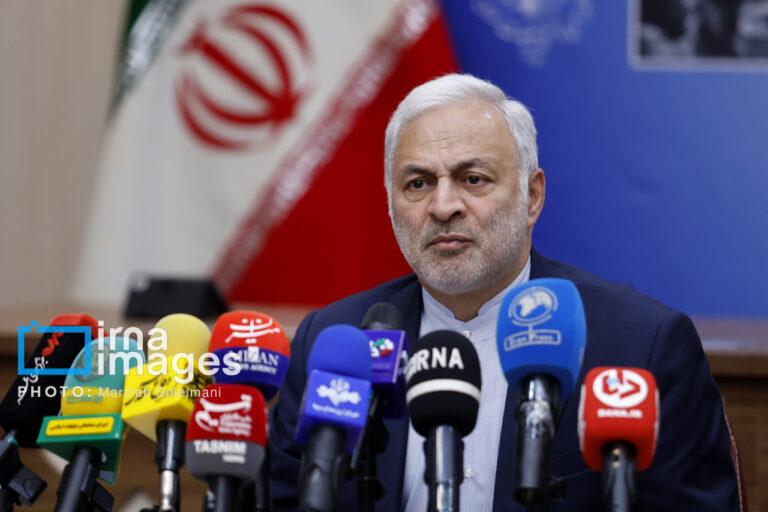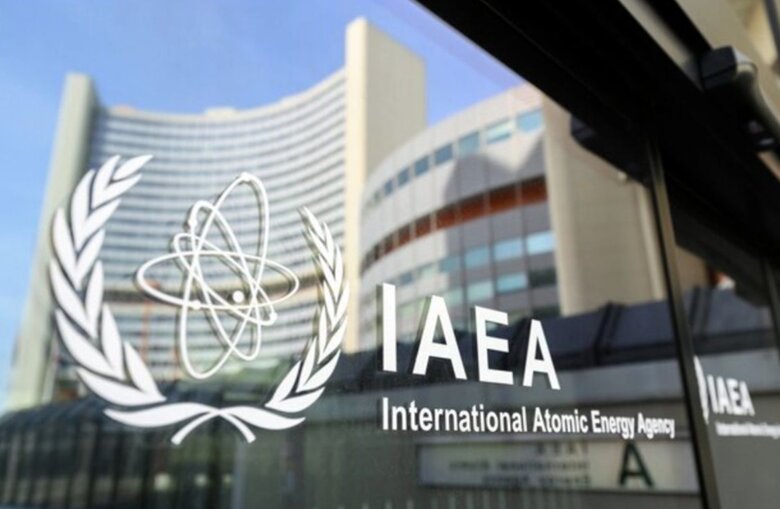
Similar Posts

Strengthening Ties: Russian President Officially Ratifies Strategic Partnership Agreement with Iran
Russian President Vladimir Putin has ratified a 20-year strategic cooperation treaty with Iran, strengthening bilateral relations. The treaty, signed after approval from Russia’s State Duma and Federation Council, stems from a January meeting between Putin and Iranian President Masoud Pezeshkian. Putin described it as a “breakthrough document,” while Pezeshkian expressed hope for a new chapter in their relationship. The treaty outlines cooperation in defense, energy, finance, transportation, and other sectors. Iranian Foreign Minister Abbas Araqchi noted that the Iranian Parliament is expected to approve the deal soon, facilitating its swift implementation and potentially altering regional geopolitical dynamics.
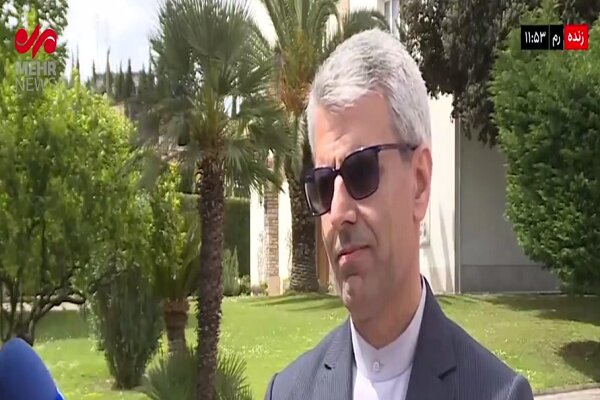
FM Spokesperson Reveals Exact Timing for Crucial Iran-US Talks
Today at 12:00 PM, Iran and the United States will begin crucial negotiations in Muscat, focusing on Iran’s peaceful nuclear energy program and economic sanctions. The Iranian delegation, comprising technical experts, aims to protect national interests and secure the lifting of sanctions. Iranian Foreign Minister Abbas Araghchi criticized the US for its inconsistent statements but reaffirmed Iran’s commitment to its nuclear rights, which he insists are non-negotiable. The talks represent a pivotal moment in Iran-US relations, with both sides seeking a resolution that respects Iran’s rights while addressing international concerns. The outcome could significantly impact global diplomacy.
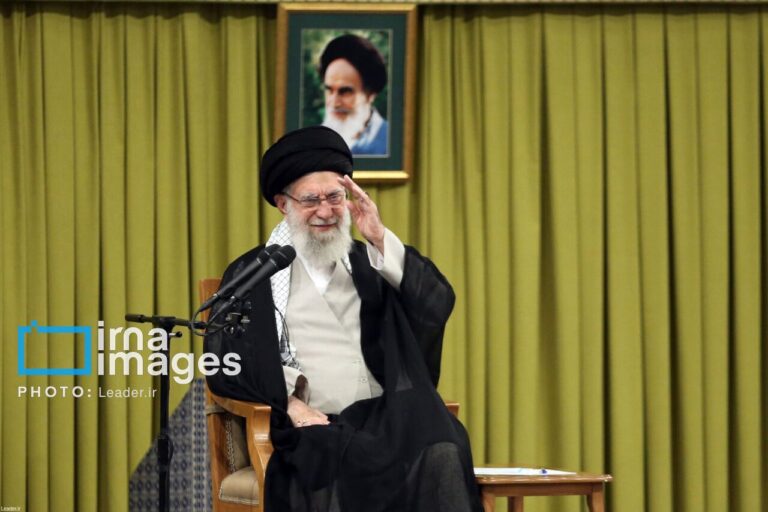
Trump’s Controversial Remarks: A Disgrace to American Values, Says Leader
Ayatollah Seyyed Ali Khamenei criticized U.S. President Donald Trump’s remarks during his regional visit, calling them a “disgrace” to America. He condemned U.S. foreign policy for misusing power to promote violence, particularly its military support for Israel, which has harmed Gaza’s citizens. Khamenei rejected the notion that Arab nations need U.S. backing, asserting that this model has failed and calling for U.S. withdrawal from the Middle East. He also emphasized the importance of education, viewing investment in it as essential for the nation’s future, and praised President Masoud Pezeshkian’s focus on educational issues.
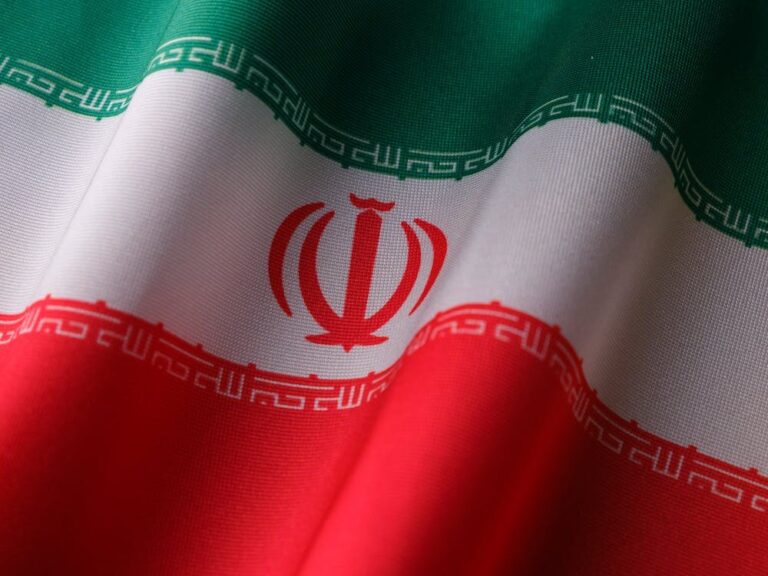
Iran’s Diplomacy: Navigating Critical Historical Crossroads
The year 1403 (March 2024 – March 2025) was pivotal for Iran’s foreign policy, beginning with the tragic deaths of President Ayatollah Seyyed Ebrahim Raeisi and Foreign Minister Hossein Amir-Abdollahian in a helicopter crash. Their loss prompted significant diplomatic changes and a crucial presidential election, focusing on whether to continue Raeisi’s “Look East” strategy and support for the Resistance Front. Despite international condolences, particularly from allies, Iran remained resolute in its resistance-driven policies. The new administration emphasized active regional diplomacy, strengthened ties with Eastern nations, and renewed economic cooperation, all while facing economic sanctions and geopolitical challenges.
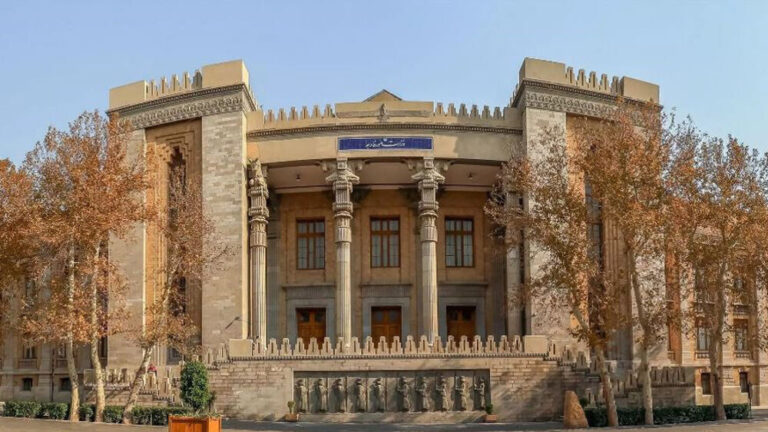
Iran Dismisses ‘Baseless’ Claims of Involvement in Yemen’s Retaliatory Actions
Recent tensions in West Asia have focused on Yemen’s self-defense actions and support for Palestinians, prompting Iran’s Foreign Ministry to reject claims of Iranian influence as “baseless.” The ministry asserted that Yemen’s actions are independent and humanitarian, aimed at highlighting Israeli crimes while accusing the U.S. of initiating conflict against Yemen and supporting Israeli operations in Gaza. Iran condemned U.S. airstrikes on Yemen as violations of international law and called for an end to the “Gaza genocide.” Despite accusations from the U.S. and Israel of Iranian involvement in Yemeni military actions, Tehran maintains its denial, emphasizing its commitment to national security and regional integrity.
